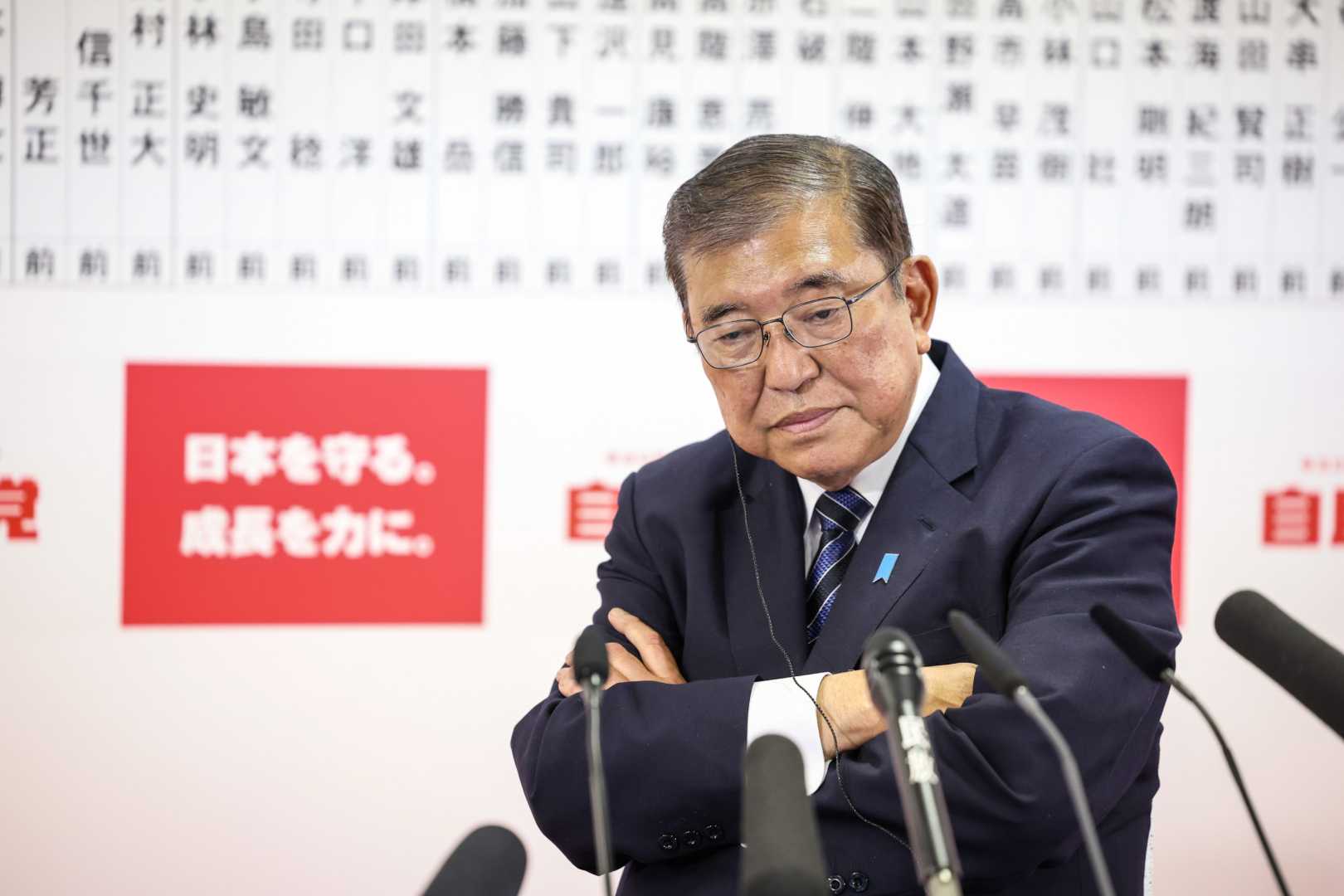News
Japan Plunged into Political Uncertainty as Ruling LDP Loses Majority in Snap Election

Japan‘s political landscape has been thrown into uncertainty following a snap election that saw the long-ruling Liberal Democratic Party (LDP) lose its majority in the lower house of the parliament. This significant setback for the LDP, which has dominated Japanese politics since 1955, was prompted by a combination of factors including a major political funding scandal and widespread public dissatisfaction with economic challenges.
The election, called by newly appointed Prime Minister Shigeru Ishiba shortly after he won the LDP leadership contest, was intended to bolster his public mandate. However, it backfired as voters expressed their discontent with the LDP’s handling of a funding scandal involving millions of dollars in unreported political contributions and allegations of lawmakers enriching themselves through kickbacks. The scandal, coupled with rising living costs, a weak yen, and sluggish economic growth, severely damaged the LDP’s reputation and led to a “harsh verdict” from the electorate.
According to exit polls, the LDP and its junior coalition partner, Komeito, are expected to secure around 215 seats, significantly short of the 233 needed for a majority. This marks the LDP’s poorest showing since 2009. The main opposition, the Constitutional Democratic Party of Japan (CDP), made notable gains, increasing its seat count from 98 to 148.
The loss of majority has left the LDP in a weakened position, necessitating negotiations with other parties to form a coalition. This includes potential alliances with the center-right Democratic Party for the People or the populist Japan Innovation Party. However, the diverse policy agendas of the opposition parties make a cohesive alternative coalition challenging to form.
The political instability has also had economic implications, with the yen falling to its lowest level against the dollar in three months. Investors are bracing for a period of political and economic uncertainty. The business community has urged for a swift return to political stability to benefit the economy.
Prime Minister Ishiba acknowledged the voters’ verdict, stating that the electorate had demonstrated a “strong desire” for the LDP to reflect on its actions and align more closely with the will of the people. The future of Ishiba’s leadership is uncertain, with many doubting his ability to continue as prime minister despite his potential role as a caretaker.












